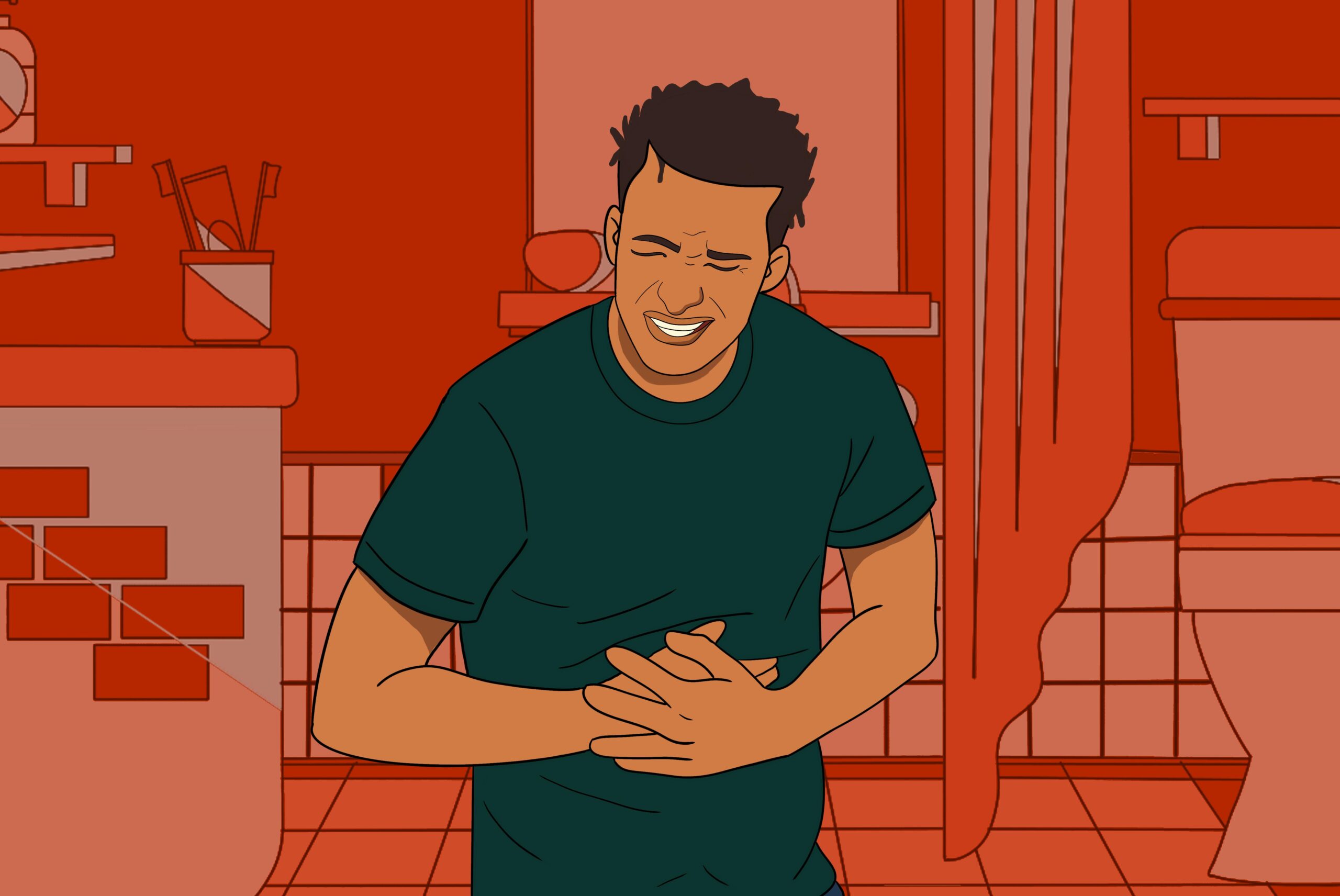🎧 Listen to: Abdominal Pain

Abdominal Pain
Abdominal Pain: A simple guide for everyday Africans
Introduction: Why this matters to you
Almost everyone has experienced stomach pain at some point, but did you know that abdominal pain is one of the most common reasons people visit hospitals across Africa? Studies show that about 30% of people visiting hospitals in African countries report abdominal discomfort. Whether it’s gas, bloating, cramps, or something more serious, it’s important to understand what’s happening in your body. Many Africans suffer in silence or rely on herbal remedies without knowing when they should seek medical attention. This article explains abdominal pain in simple terms so that you can take better care of yourself and your loved ones.
How common is abdominal pain in Africa?
Abdominal pain is a major health concern across Africa. Here are some important facts:
- 30% to 50% of patients visiting hospitals in African countries report stomach pain as a primary complaint.
- Ulcers and infections are among the most common causes of abdominal pain in Africa, often linked to the bacterium Helicobacter pylori (H. pylori).
- Poor sanitation, unsafe drinking water, and unhealthy eating habits contribute to the high rates of abdominal illnesses.
- In Ghana, Nigeria, Kenya, and South Africa, thousands of people are hospitalized yearly due to severe stomach infections, food poisoning, or digestive system diseases.
Understanding these facts can help you take preventive measures and seek medical help when needed.
What is abdominal pain?
Abdominal pain is any discomfort felt between your chest and waistline. It can be mild or severe, short-term or long-term. Some pains go away on their own, while others require urgent medical attention.
Common descriptions of abdominal pain include:
- Sharp pain: Sudden and intense.
- Dull pain: Aching and persistent.
- Cramping: Pain that comes and goes, often linked to digestion or menstruation in women.
- Burning pain: Often associated with acid reflux or ulcers.
Common myths about abdominal pain in Africa?
Many people in Africa believe certain things about stomach pain that are simply not true. Let’s clear up some common myths:
- “Spicy food and stress cause stomach ulcers.” False! Ulcers are mainly caused by H. pylori bacteria or excessive use of painkillers like ibuprofen and aspirin.
- “Drinking cold water after eating causes stomach pain.” False! Cold water does not harm your stomach.
- “Moving around after eating causes appendicitis.” False! Appendicitis is caused by infection or blockage of the appendix.
- “Smoking relieves heartburn.” False! Smoking actually worsens heartburn by weakening the stomach’s protective lining.
Types of abdominal pain?
Abdominal pain can be classified into different types:
- Acute pain: Lasts for a few hours or days and may require urgent care.
- Chronic pain: Lasts for more than three months and may indicate a serious condition.
- Cramp-like pain: Often linked to bloating, gas, diarrhea, or menstrual cramps.
- Localized pain: Felt in one specific area, often a sign of infection or a problem in a particular organ.
What causes abdominal pain?
There are many possible causes of stomach pain, including:
- Digestive issues: Gas, bloating, constipation, diarrhea.
- Infections: Stomach infections from contaminated food or water.
- Ulcers: Painful sores in the stomach lining.
- Kidney problems: Kidney stones or infections.
- Gallstones: Hard deposits in the gallbladder causing sharp pain.
- Reproductive issues (for women): Menstrual cramps, pregnancy complications, or ovarian cysts.
- Serious conditions: Appendicitis (inflamed appendix) or hernias.
How is abdominal pain diagnosed?
When you visit a doctor, they may ask questions like:
- Where exactly is the pain?
- When did it start?
- What did you eat before the pain began?
- Do you feel better or worse after eating?
- Have you had any changes in your stool or urine?
- Have you missed your menstrual period? (for women) Your doctor may also recommend tests such as:
- Blood, urine, and stool tests to check for infections.
- X-ray, ultrasound, or MRI scans to see inside the body.
- Endoscopy (a small camera inserted into the stomach) to check for ulcers or inflammation.
Treatment and home remedies?
Medical treatments:
- Pain relievers: Only take painkillers recommended by your doctor.
- Antacids: These help with acid-related stomach pain.
- Antibiotics: If your pain is caused by a bacterial infection.
- Surgery: For serious cases like appendicitis or gallstones.
Home remedies:
- Drink warm water: Helps with digestion and reduces bloating.
- Ginger or peppermint tea: Can soothe mild stomach discomfort.
- Rest and use a heating pad: Helps relax stomach muscles.
- Eat small, light meals: Avoid heavy, greasy foods.
Warning: Home remedies are only for mild cases. If your pain is severe, long-lasting, or getting worse, seek medical help immediately!
How to prevent abdominal pain?
To reduce your chances of experiencing stomach pain:
- Eat healthy foods: More fruits, vegetables, and whole grains.
- Drink plenty of clean water: Dehydration can cause cramps and constipation.
- Wash your hands before eating: Reduces risk of infections.
- Avoid excessive alcohol and smoking: These irritate the stomach lining.
- Exercise regularly: Helps keep your digestive system working properly.
Final Advice: Don’t ignore stomach pain!
Many Africans ignore stomach pain until it becomes serious. Don’t wait too long before seeking medical attention. If your pain is persistent, severe, or unusual, see a doctor immediately. Good health starts with awareness, so share this information with your friends and family.
Stay healthy, stay informed, and take care of your stomach.
